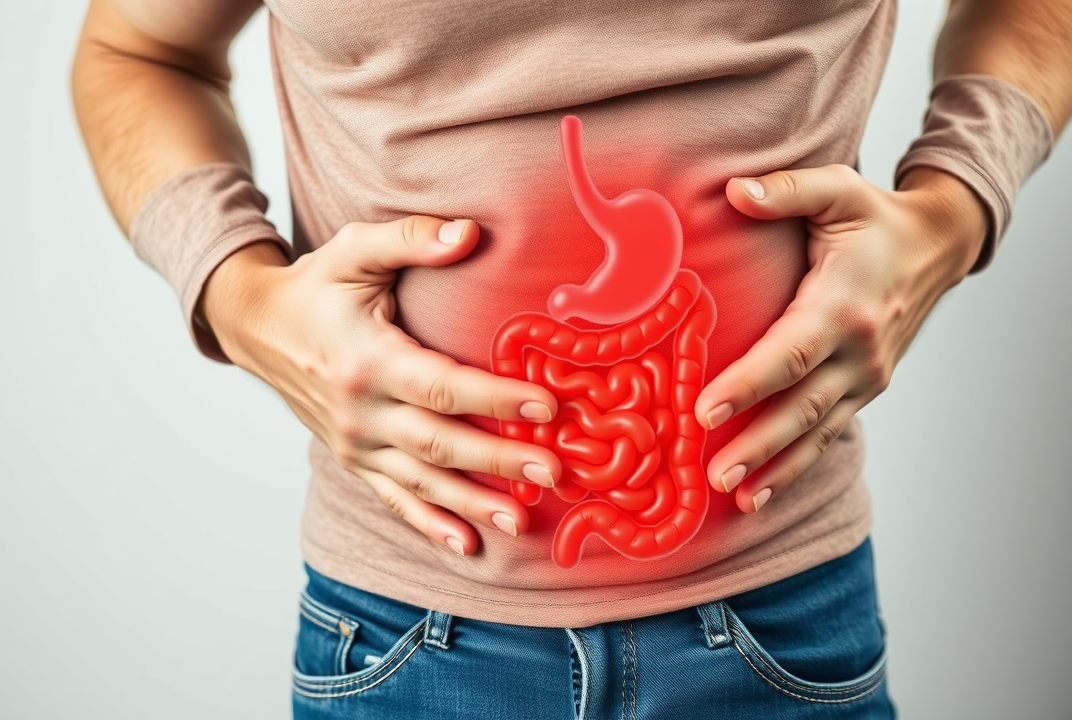Identifying the Warning Signs of a Diverticulitis Flare-Up

Introduction Have you ever experienced sudden abdominal pain without understanding why? This might be a common sign of diverticulitis, a condition that affects many. Awareness of its symptoms can help in seeking timely medical attention. Recognizing these symptoms can aid in early diagnosis and management. This article will guide you through the most evident symptoms of a diverticulitis flare-up and offer insight into how they manifest.
Understanding Diverticulitis
Diverticulitis arises when small, bulging pouches in the digestive tract, called diverticula, become inflamed. Most common in individuals over 40, this condition can cause discomfort and may lead to serious complications if untreated.
Common Symptoms of a Flare-Up
1. Abdominal Pain One of the hallmark symptoms is abdominal pain, usually on the left side. This pain may come suddenly or develop over a few days.
2. Bloating and Gas Experiencing excessive bloating or gas can be an indicator of diverticulitis, often accompanying the abdominal pain. These symptoms result from inflammation or obstruction in the colon.
3. Changes in Bowel Habits Noticeable changes in bowel movements, such as constipation or diarrhea, can signal a flare-up. These changes happen as the digestive system struggles to process food effectively.
4. Fever and Chills Developing a fever may indicate the body is fighting an infection caused by inflamed diverticula. Fever often pairs with chills, enhancing the feeling of being unwell.
5. Nausea and Vomiting Nausea or frequent vomiting can also be part of the symptomology, especially if the inflammation blocks the intestines.
6. Loss of Appetite A reduced appetite is a common response to abdominal discomfort, as eating may feel more like a chore.
7. Unusual Fatigue Feeling unusually tired, even without significant physical exertion, can be a symptom reflecting the body’s energy focused on dealing with inflammation.
Potential Complications
If unaddressed, diverticulitis can lead to severe complications such as abscesses, fistulas, or even perforation of the colon. Severe cases may require surgical intervention. Knowing when to seek medical help can be crucial.
Management and Prevention Tips
Managing diverticulitis revolves around lifestyle changes and medical treatment when necessary. Diet plays a vital role; consuming more fiber might reduce future flare-ups. Staying hydrated and avoiding nuts or seeds can help minimize symptoms.
When to Seek Medical Attention
Immediate medical evaluation should be considered if symptoms persist or worsen. Prompt diagnosis by healthcare professionals can prevent exacerbation of the condition.
Conclusion Understanding the symptoms of a diverticulitis flare-up is essential for effective management and prevention of complications. By learning to recognize these signs early, individuals can take proactive steps. If you suspect a flare-up, seeking medical advice is crucial. Stay informed to help maintain your digestive health. For those experiencing these symptoms, discussing them with a healthcare provider is the next logical step on the path to well-being.